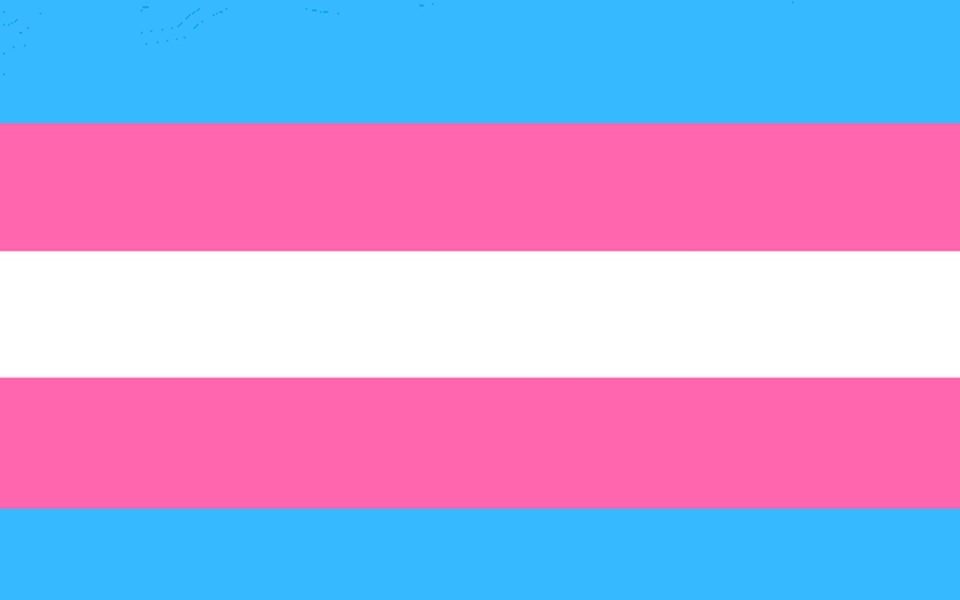As the executive director of the Guilford Green Foundation and LGBTQ Center in Greensboro, Jennifer Ruppe fields calls from transgender teens and their parents all the time. The calls range from medical questions to inquires about how to get involved in the community.
But four times last year, Ruppe got calls from families with devastating news: Their children had died by suicide.
“All of those have been related to gender identity,” Ruppe said. “Not because they don’t know who they are, but because they’re not allowed to be who they are.”
If passed, recent bills in the North Carolina House and Senate would prevent young people in the state from transitioning, or accessing any sort of gender-affirming care. In Ruppe’s experience, the lack of support could be deadly.

North Carolina is not the only state with anti-transgender bills. Across 30 states this year, conservatives have introduced close to 100 bills targeted at the trans community.
“These bills will kill people,” Ruppe said. “I can tell you we’ll get more than four phone calls a year if this passes.”
Currently in North Carolina, there are three anti-transgender bills being considered.
The bills in question largely revolve around young people. HB358 mandates that trans teens play on high school sports teams that match the gender they were assigned at birth. One of the sponsors of HB385 includes Rep. John Faircloth of Guilford County. SB514 would deny gender-affirming healthcare to people under the age of 21, require teachers to out trans students and legalize conversion therapy, and SB515 would allow doctors to discriminate against transgender patients. Through a spokesperson on April 20, Senate Majority Leader Phil Berger said that SB514 would not get a vote on the floor, and SB515 appears to have stalled in committee as well.
Legislators are also considering three pro-trans bills in the state legislature, all bills that Democrats had previously failed to pass. They would prohibit discrimination, repeal the anti-trans bathroom bill and ban conversion therapy for young people.
The package would also introduce new legislation that would ban a “panic defense” in the courtroom, a defense which previously excused violent behavior if the perpetrator had been alarmed upon learning their victim was queer or trans and lashed out. These bills were introduced just days after HB358 was introduced.
As these bills move through the state government, LGBTQ+ organizations in the Triad like Guilford Green Foundation have been teaching individuals about what the bills would do and who the sponsors are.

“A lot of what we are currently doing is trying to stem disinformation coming from these bills about what a trans youth may go through or have access to,” said Melvy Shaw, manager of the LGBTQ Center at the Guilford Green Foundation. Shaw herself is transgender and explained that in her experience, much of what conservatives say about the bill are lies.
For example, “When the stories initially started to come out, one local news organization said it would effect a trans teen’s ability to get a vasectomy,” said Shaw. “I don’t think I’ve ever met a trans teen whose No. 1 concern is… to get a vasectomy.”
HB358 was initially referred to education committees, but was later referred to the rules committee on April 26. SB515 was referred to the Senate rules committee on April 6. Both bills and their counterparts would still have to be approved by the House, Senate and Gov. Cooper.
Shaw cannot say what she thinks will happen to the bills.
“I have a hard time saying one way or another because when I saw HB2 I thought, This is a smoke show. It’s not going to pass,” she said. “And it did.”
Like Guilford Green, Equality NC has also been working to support the trans community in the state.

“The biggest fear is for people who receive any transition-related care,” said Kendra R. Johnson, executive director of Equality NC. “That is absolutely essential treatment, and their fear is that they won’t have access to something that is medically necessary for their own mental health, acceptance of their identity, and safety in their community.”
But the authors of the bill, including those from the Triad, likely aren’t even aware of this, Johnson said.
“None of the authors of these bills have taken the time to sit down with trans children,” she said. “It’s akin to me writing a book report without reading the book.”
For folks who do work with trans teens regularly, the harm that these bills could cause is obvious. Katie Murawski is the co-chair of public relations at the Greensboro Roller Derby, which includes several transgender members.
“Whenever the legislation was introduced, one of our trans skaters reached out to our group on Facebook and asked if we had seen it,” Murawski said. “After that, we wanted to address this and not just in a social media post. One of our core values is inclusion, so we started brainstorming about what we can do more.”
The team ended up collaborating with Guilford Green, making a video highlighting trans skaters’ experiences and calling their representatives, among other things.
“The Republicans are really dehumanizing a lot of people because they want their base to vote for them,” she said. “But it’s not all about winning elections. It’s about taking care of your community.”
Mental health professionals like Shana Renée Gordon says that prohibitive bills like the ones being introduced can have an adverse effect on trans individuals’ mental health.

“It’s caused a lot of unnecessary upset,” said Shāna Renée Gordon, a therapist with Tree of Life Counseling and certified gender specialist by the World Professional Association for Transgender Health. As a therapist, Gordon works primarily with transgender individuals and those who identify as LGBTQ+.
Trans children are at especially higher risk of suicide than their peers. A survey by the Trevor Project released in 2020 revealed that 52 percent of transgender and nonbinary youth reported having considered suicide, and 41 percent reported having attempted suicide.
This is no surprise, considering that the same survey found 40 percent of trans and nonbinary youth had been physically threatened or hurt because of their gender, and 50 percent had been kicked out of their homes.
Were the bills to pass, medical providers like Gordon would be unable to provide the same standard of affirmative care for transgender patients.
“I can’t figure out any good reason that a board would go along with this and sanction me for providing good guidance to a child, that they would take my license,” Gordon said.
For now, Gordon is asking the community to stand with their trans members.
“All I can ask is for anyone who cares for someone who’s trans to stand up for them,” she said. “Things like this, we keep thinking they’ll go away, and they’re not. If you love them, say something, do something, anything. Speak out.”
Join the First Amendment Society, a membership that goes directly to funding TCB‘s newsroom.
We believe that reporting can save the world.
The TCB First Amendment Society recognizes the vital role of a free, unfettered press with a bundling of local experiences designed to build community, and unique engagements with our newsroom that will help you understand, and shape, local journalism’s critical role in uplifting the people in our cities.
All revenue goes directly into the newsroom as reporters’ salaries and freelance commissions.


What an excellent article! I love that it includes quotes and picture of people who really know what they’re talking about. Well done!
Linda Stroupe, president, PFLAG Greensboro